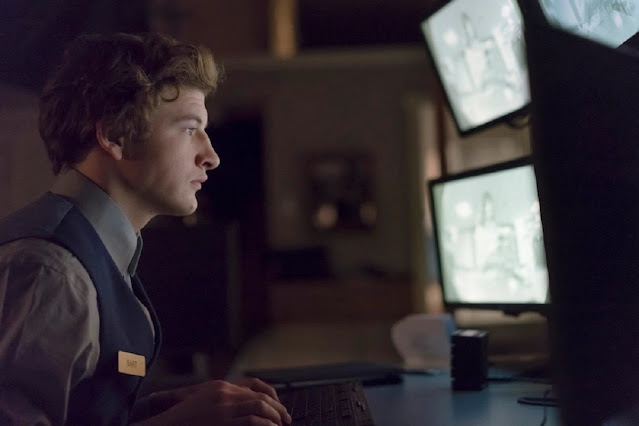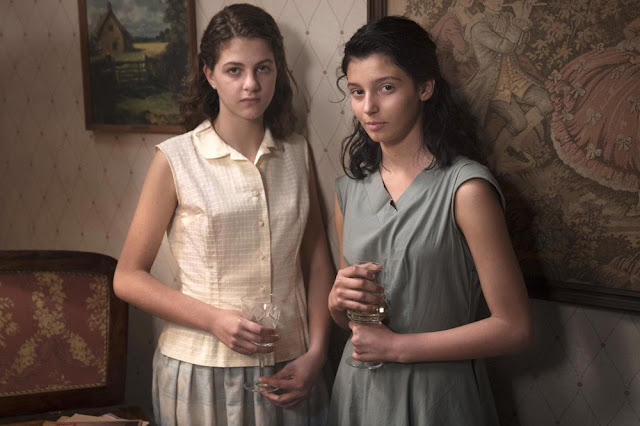Fragmentos de una mujer / Pieces Of A Woman
(Español / English)
Esta vez, en lugar de comenzar por una reseña argumental, debo preguntarme ¿qué se propusieron decirme el director Kornél Mundruczó y su esposa, la guionista Kata Weber con esta película?
Uno podría responder: relatarnos una historia sobre los
efectos de la pérdida en la agudización de los contrastes de un matrimonio, sobre
la negación como mecanismo de defensa, sobre el duelo como mandato o
imposición, sobre la ética del resarcimiento, sobre las diferencias de clase en
una pareja, sobre las nuevas modas obstétricas, sobre las madres manipuladoras,
sobre las mujeres y sus cuerpos gestantes, sobre la culpa juedocristiana… todo
como correlato de una (demasiado) extensa y efectista escena inicial (que
generará ríos de admiración en parte del público) filmada en plano secuencia y que
si aspira a golpear al espectador, hará que decaiga algo su interés por el resto del relato en
aquéllos que sean alcanzados por su (supuesta) dureza.

El problema de esta película es que no logra traducir adecuadamente todos esos
tópicos y conflictos (si es que se trata de todos ellos) en términos dramáticos a través de personajes y de una
historia que evolucionen y conmuevan y cuyos elementos se ensamblen y
complementen. Además, la estructura fragmentaria del relato, que recurre a la
elipsis en forma sistemática, tampoco contribuye a la conexión del espectador;
de ahí, en parte, el nombre de “Fragmentos”. Ni siquiera las actuaciones me
resultaron descollantes.
Personalmente, entonces, me ha resultado imposible empatizar
con sus personajes, salvo algunos pocos momentos con la protagonista (Vanessa
Kirby) y detestar un poco a su pareja (el sobreactuado Shia LaBoeuf)
-------------------------------------------------------------------------------------------------------------------------
This time, instead of starting with a plot review, I must ask myself, what did director Kornél Mundruczó and his wife, screenwriter Kata Weber, set out to tell me with this film?
One could answer: tell us a story about the effects of loss
in sharpening the contrasts of a marriage, about denial as a defense mechanism,
about mourning as a command or imposition, about the ethics of reparation,
about class differences on a couple, on the new obstetric fashions, on
manipulative mothers, on women and their pregnant bodies, on the
Judeo-Christian guilt ... all as a correlate of a (too) long and effective
opening scene (which will generate rivers of admiration in part of the public)
filmed in sequence shot and that if it aspires to hit the viewer, it will cause
their interest in the rest of the story to wane somewhat in those who are
affected by its (supposed) harshness.
Personally, then, I have found it impossible to empathize
with her characters, except for a few moments with the protagonist (Vanessa
Kirby) and to detest her partner a bit (the overactive Shia LaBoeuf).




hola!como traducirías adecuadamente los tópicos?
ResponderEliminarSon los temas del segundo párrafo.
Eliminar